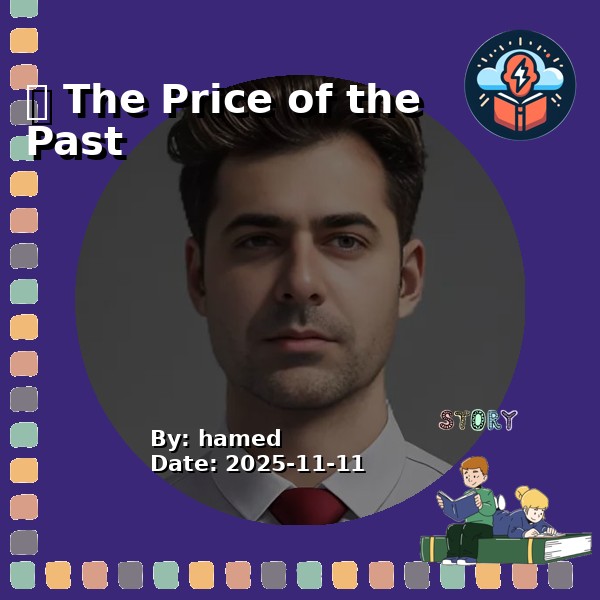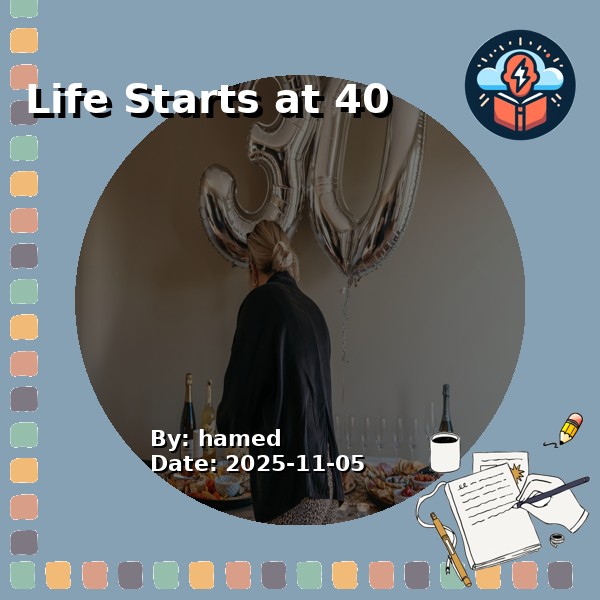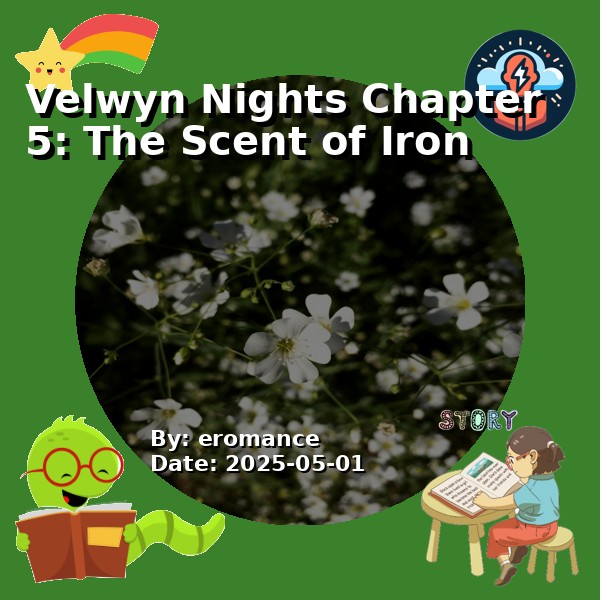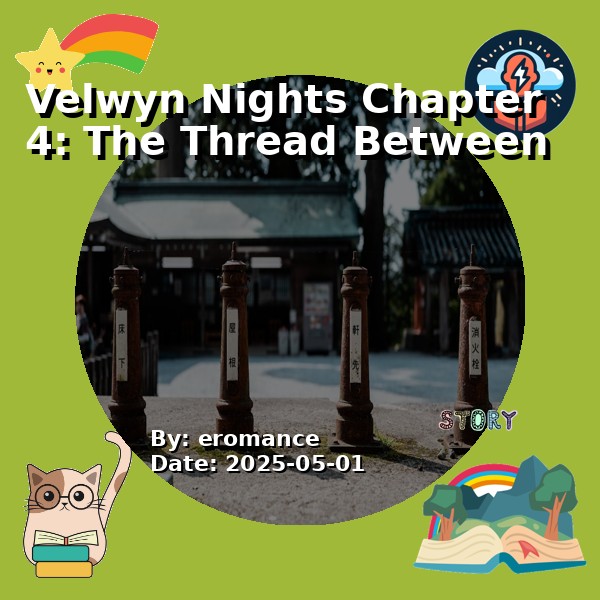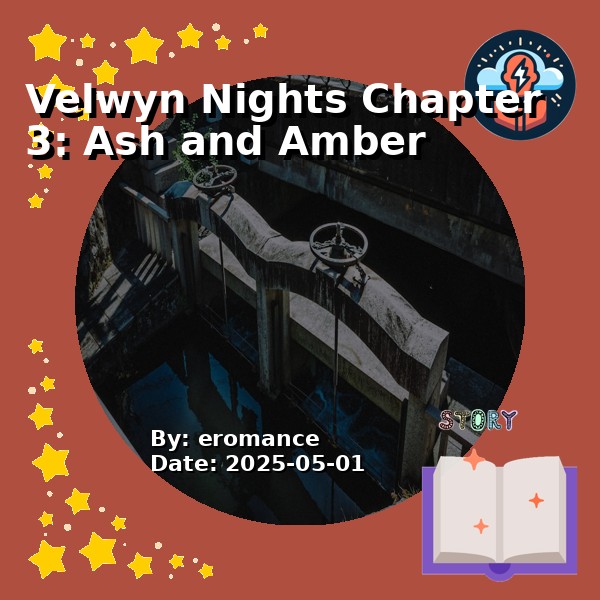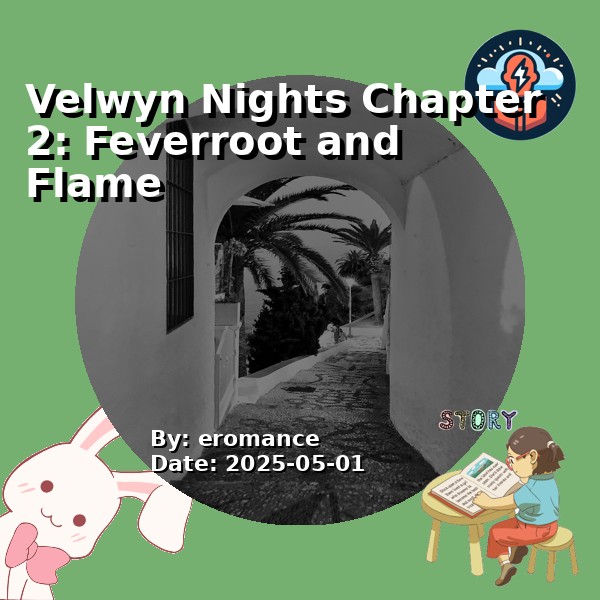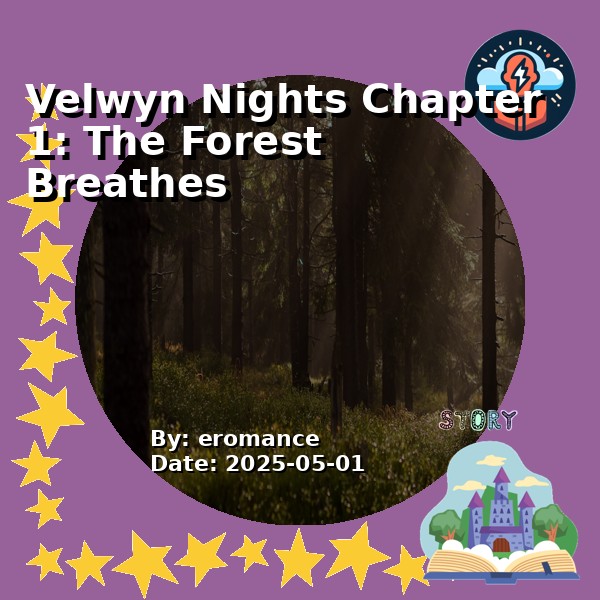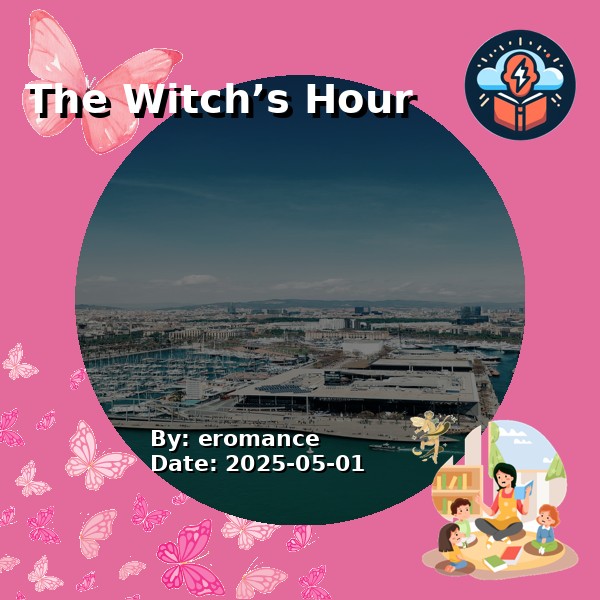Explore Flash Fiction
Being an Introvert Is Weird (And That's Okay)
Being an Introvert Is Weird (And That's Okay)A few weeks ago, life threw us a curveball. My wife was at home when a heavy bench toppled over and landed squarely …
💔 The Price of the Past
The late afternoon sun cast long shadows across the park bench where Elias sat with Clara. At thirty-six, his face held a handsome weariness; at eighteen, hers was bright with …
Life Starts at 40
When Lina turned forty, she threw herself a funeral. Not the tragic kind—with sobs and lilies—but a proper burial for all the versions of her that had been politely dying …
Velwyn Nights Chapter 5: The Scent of Iron
By dusk, the Watchers had vanished. But the silence they left behind was a warning more than a comfort. Selene packed quickly—bundles of herbs, spell-scrolls, a dagger etched with runes …
Velwyn Nights Chapter 4: The Thread Between
Morning came with a hush. Ronan woke to the scent of jasmine and smoke, her body curled against his like a spell still unfolding. Selene slept with one hand resting …
Velwyn Nights Chapter 3: Ash and Amber
Ronan stayed in the forest that night. He didn't mean to. It was like falling asleep in a dream and waking up more awake than he'd ever been. The fire …
Velwyn Nights Chapter 2: Feverroot and Flame
Ronan didn’t return the next night. He returned that morning, before the sun had fully risen, as though sleep itself had rejected him. The forest accepted him again—too easily, he …
Velwyn Nights Chapter 1: The Forest Breathes
The first time Ronan crossed into the Forest of Whispers, the trees did not attack, but they watched. He felt it in the brush of windless leaves, the way roots …
The Witch’s Hour
They said no man entered the forest past midnight and returned unchanged. Ronan did it anyway. The air thickened as he stepped into the glade where the moonlight danced unnaturally—too …
Whispers in the Guest Room
The house was quiet, save for the soft creak of the floorboards under Mia’s bare feet. The guest room door was ajar, a sliver of moonlight spilling across the hardwood. …

